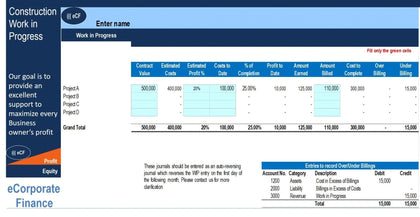Almost everything we do in life involves a process. Whether you're making pizza, ordering a cup of tea/coffee in a restaurant, booking an Uber/Ola or paying an invoice, a process is involved.
A process can be defined as a series of tasks that are linked together to turn inputs into a product or service output. That's a different study; whether the tasks are adding any value or are non-value add. It must have two or more activities that serve a purpose for an organization. They can be defined at many different levels and with various boundaries. Furthermore some key attributes of a process are:
• All work is part of a process that starts and ends with focus on the customer
• Processes must have a beginning and an end
• Processes are co-ordinated activities that involve people, procedures, technology and infrastructure
• Processes constitute a significant portion of organizational costs
• An organization is only as effective as its processes
What is a process map?
A process map is a visual illustration of various activities which are performed to accomplish a particular task. Key elements of any process include the following attributes:
• Inputs
• Outputs
• Activity steps
• Decision points
• Functions
The lines and symbols on a process map help us to record concise sentences for every step in the process that tells the reader:
• What is happening in the process
• Where it is happening
• When it is happening
• Who is doing it/Whose the actor
• How inputs and outputs are handled and distributed
The BIG WHY do we need to create a process map?
The purpose of process mapping is for better understanding and clarity of your processes. It involves the gathering and organizing of facts about the work and displaying them diagrammatically so that they can be analyzed, questioned and improved by subject matter experts. Process maps to aid in understanding by abstracting, using visual charting symbols consistently. To summarize at a broader level, process maps are created to:
• Find out how your processes work
• Why processes behave the way they do
• Identify who does what
• Realize how many hands-off takes place during a process
• Identify "quick-win" process improvement opportunities
• Establish performance objectives
• Reveal opportunities to standardize processes
• Document best practices, standard operating guidelines and procedures
• Jumpstart and foster major business process improvement, redesign or re-engineering initiatives
Business Application of Process Mapping



















